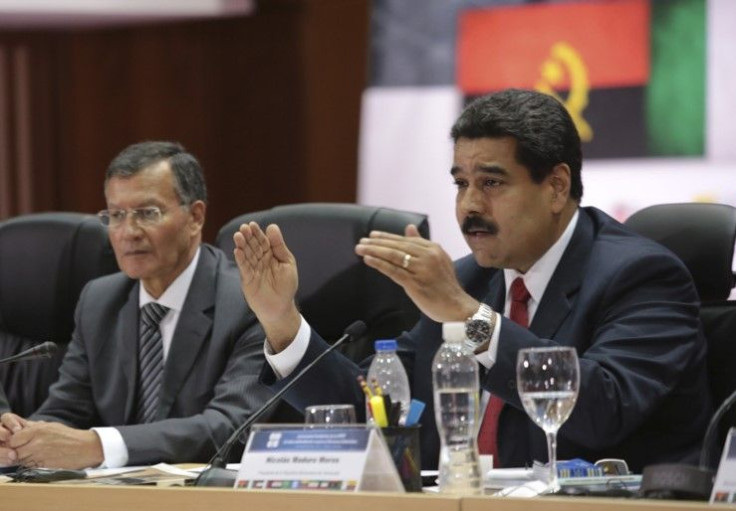OPEC faces internal feud over Saudi Arabia’s reluctance to cut production and hike prices

While oil prices continue to plummet, reports of discontent brewing within the Organisation of Petroleum Exporting Countries (OPEC) are emerging, mainly over differences of opinion on production cuts and pricing strategy.
While the lobby of Gulf Arabs within OPEC is ready to live with lower prices and wanting consumers hooked on cheap fuel, another section wants a more realistic price. Their ire against big player Saudi Arabia is that the latter is accepting a lower price and not cutting its production. They think Saudi Arabia is trying to preserve its global growth and exerting an influence way beyond the size of its actual economy, reports Businessweekme.
“Saudi Arabia’s economy is the size of Illinois’s. Yet the nation sits at the same table as China, Europe, Japan, and the US because it is the major producer," said Ed Morse, Citigroup Global Markets managing director.
Those opposing Saudi Arabia within OPEC, includinf Algeria, Iran, Iraq, Libya, and Venezuela, want higher prices unlike the moderate section led by Saudi Arabia, Kuwait, Qatar, and the United Arab Emirates.
“Venezuela’s -position within OPEC is to pursue a strategy of low production and high prices, since they can’t attract investments” to boost output, noted Carlos Rossi, president of consulting firm EnergyNomics.
Demand to cut output
The rival faction is urging Saudi Arabia to take the lead by lowering output to command better prices, as has been suggested by Algeria and Venezuela.
But Saudi Oil Minister Ali al-Naimi in 2014 led a lobbying campaign among his OPEC counterparts arguing that conceding market shares in the name of higher prices to competing suppliers will be a risk. He noted the rivals also include the U.S. based producers of shale oil. As a result, crude continues to slump and is trading at about 50 dollars a barrel, which is half the price level in 2014.
In September 2015, Venezuela’s oil minister, Eulogio del Pino appealed to OPEC and non-OPEC countries “to have a discussion on fair prices, minimum prices to ensure sustainability” and to “overcome our differences of opinion.” On Sep.16, Venezuelan President Nicolás Maduro announced the calling of a summit of petroleum exporting countries. Only Algeria backed the conference and his idea of a higher price.
“OPEC is of no use today,” complained former Algerian Prime Minister Ahmed Benbitour.
“The war now is about market share, not price, and Algeria is getting no benefit from this organisation," he added.
Despite the tirade of Venezuela and Algeria, the question remains why many members are still staying with OPEC if the Saudis are unrealistic and calling the shots while ignoring the clamour of others. Even Venezuela and Algeria are not making any moves to quit OPEC. The group is still intact and in fact, former member Indonesia is planning to return, boosting OPEC membership to 13 nations.
“Just look at the outlook for oil in the next 10, 20, 30 years and it is expected that OPEC countries will actually have to come up with most of the growth in supply to meet the demand,” said former OPEC Secretary General Adnan Shihab-Eldin of Kuwait, underscoring the indispensability of OPEC.
“If OPEC didn’t exist, it would be needed in the future much more than in the present or the past to coordinate production and keep the world supplied," he added.
Non-OPEC production falling
Meanwhile, the International Energy Agency and the U.S. Energy Information Administration are expecting a down fall in crude oil production over the long term in the non-OPEC region, led by the United States, reports Market realist. This may be an opportunity for OPEC to hike prices in the medium to long term.
The top producers in the non-OPEC group are the U.S, Russia, China, Canada, and Brazil. Together, they produce 36 million barrels per day of crude oil and liquid fuels. The fall in crude oil prices impacted all shale oil producers in the U.S and Canada badly, with many of them reeling under debt after bearing the burden of high production break-even costs. The huge debt incurred by the players are piling up, ever since 2010, and cut backs in production are looking inevitable.
For feedback/comments, contact the writer at feedback@ibtimes.com.au or let us know what you think below.





















